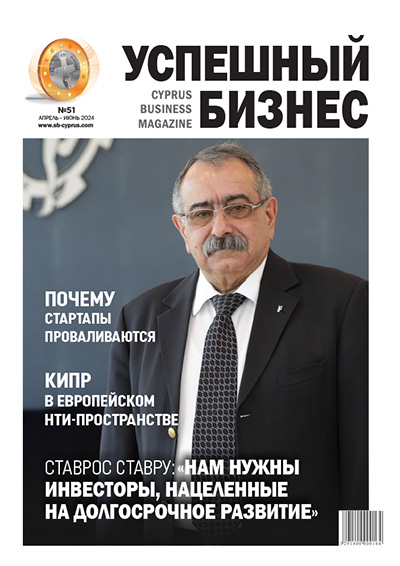The adverse effects of the Covid-19 pandemic have led to the deepest recession in modern history. The direct impact of the virus will continue to affect world socioeconomic developments at least until mid-2021. At the same time, analysts warn that we will experience negative long-term repercussions reflecting both the failures of affected companies to effectively respond to the crisis but also pre-existing weaknesses and structural challenges in a number of countries.
The response of global organisations and public authorities to date reveals the differences between efficient and inefficient policies and allows two key lessons to be drawn.
Firstly, the most successful countries are those which reacted decisively, timely and on the basis of a clearly laid out and efficiently communicated strategic plan. It is further evident that those governments which acted on the advice of scientists and experts responded in a more productive and competent manner.
Secondly, while an unwanted and unpopular course of action, restraining both economic and social activity does deliver results. In fact, the countries which prioritised their citizens’ health – thus casting aside the misguided dilemma of weighing health versus the economy – and those which provided ample monetary and fiscal support seem to emerge as winners.
An important distinction is warranted at this point relating to the appropriate macro-economic stance given the prolonged duration of the pandemic. Evidently, there is a pressing need to support the economy but, at the same time, concern should be drawn to the countries already experiencing high public debt levels like Cyprus. The consensus approach in the short and medium term is that, given the extraordinary situation, replacing incomes of households and corporations while retaining employment to the highest degree possible should receive priority over macroeconomic stability considerations. This view is supported by the historically low interest rates, which limit the repayment obligations on debt, and by the subdued risk of inflation pressures. However, once the adverse repercussions of the pandemic have been tamed, corrective actions should be pursued in a decisive manner in order to create bandwidth to respond to future challenges.
In Cyprus, the first wave of Covid-19 was dealt with in an efficient way that led to a contained impact on the population’s health and less profound implications on the economy than originally anticipated. The second wave is a different situation and, while it is still unfolding, it appears that citizens’ fatigue to social measures and the reversal of budgetary surpluses of previous years will take their toll. Nonetheless, and with the vaccine already with us, hope should not be lost. In fact, the present crisis offers us genuine prospects to improve the country’s fundamentals and set the foundations for long-term success. To this end, there are three key priority areas on which policy actions should be focused.
Firstly, the pandemic has accelerated the path towards automation, increased use of digital technologies, and a greener planet. We should therefore focus on developing an appropriate business environment via the utilisation of advanced and green technologies and the implementation of various reforms with a view to enhancing productivity across both the public and private sectors. The “EU Next Generation” recovery plan provides a sound framework and also the funding resources to support structural actions, leaving it up to us to overcome rigidities and obsolete standards in order to shape the right circumstances for its adoption.
Secondly, at the societal level, the pandemic has affected vulnerable demographic groups disproportionately due to unemployment and loss of income. EU funds provide substantial scope to achieve social inclusiveness by strengthening the support framework as part of a long-term development budget which aims at the integration of vulnerable groups.
Thirdly, a major shock like Covid-19 creates momentum to radically alter the long-term course of an economy, not least by impacting the country’s underlying cultural paradigm. In this context, we should use the crisis to break away from short-term and ill-founded political and other considerations and instead instil transparency and a higher level of corporate governance. Within such a framework, any idea of utilising EU funds solely to cover losses and then return to past practices should not even be contemplated. On the contrary, decision-makers should bear in mind that tomorrow's world will not be the same as that of the pre-Corona era and the right choice is to build the foundations for a country that can make the most of the new economic environment rather than go back to old models.
Most countries are currently at a crossroads. While the future may not appear easy, the crisis puts before us new opportunities that should not be missed. Now is an appropriate time to draw from the lessons of successful countries and demonstrate the necessary resolve in order to support the recovery and invest in our future, through a three-pronged approach aimed at beneficial reforms, effective social cohesion, and change of the underlying economic model, in order to enable Cyprus to transition to the new world.
Omiros Pissarides
Managing Director PricewaterhouseCoopers Investment Services
Этот адрес электронной почты защищён от спам-ботов. У вас должен быть включен JavaScript для просмотра.







